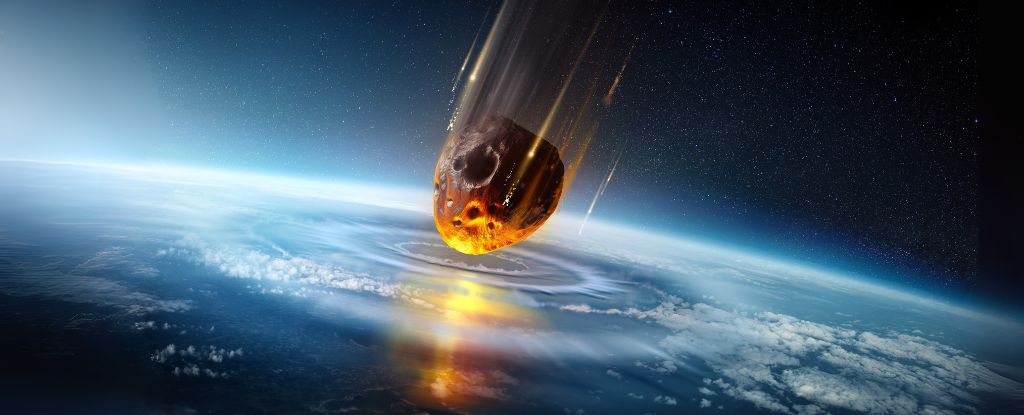
78 million years ago, a 1.6 km asteroid slammed into what is now Finland, creating a crater 23 km (14 mi) wide and 750 m deep. The catastrophic impact created a fractured hydrothermal system in the shattered bedrock under the crater.
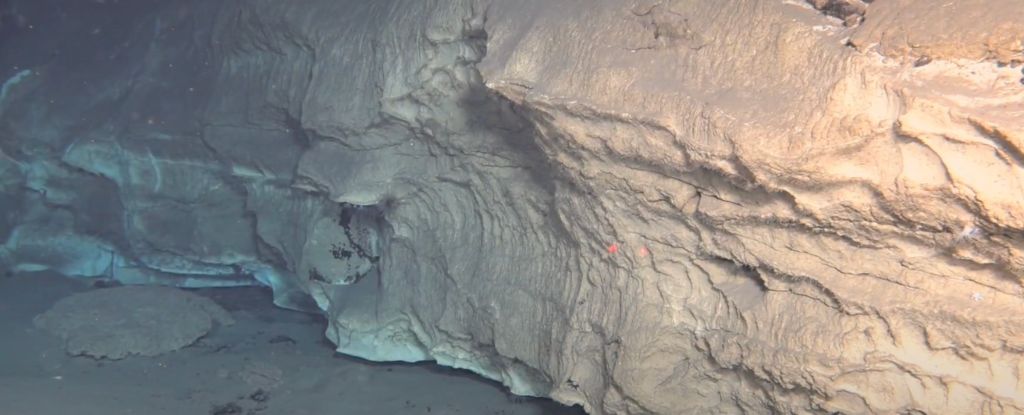
At 11.1 square kilometers (4.3 square miles), the newly discovered hydrothermal field is over a hundred times larger than its Atlantic counterpart.
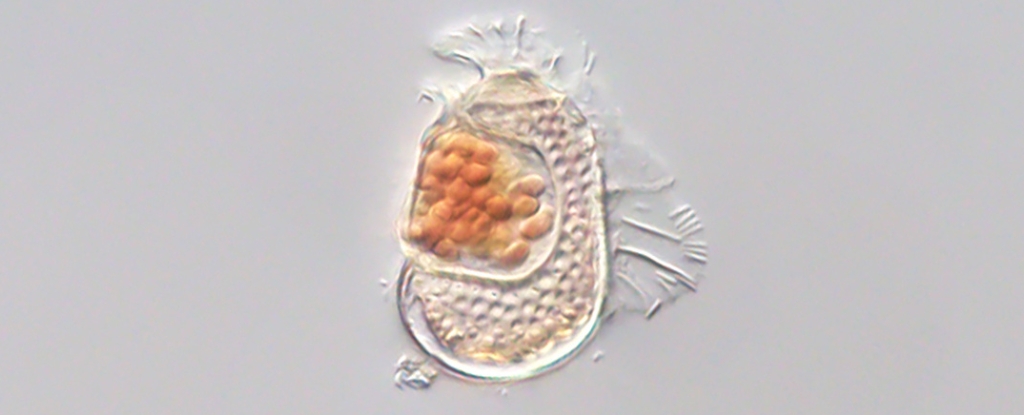
Within a tiny plankton, an even smaller cell has been found living an unexpectedly virus-like existence, challenging what it means to be alive.

Researchers from Germany have simulated ancient environment in a vial, and found that archaic life forms that live in the deep sea today can thrive under these primordial conditions.
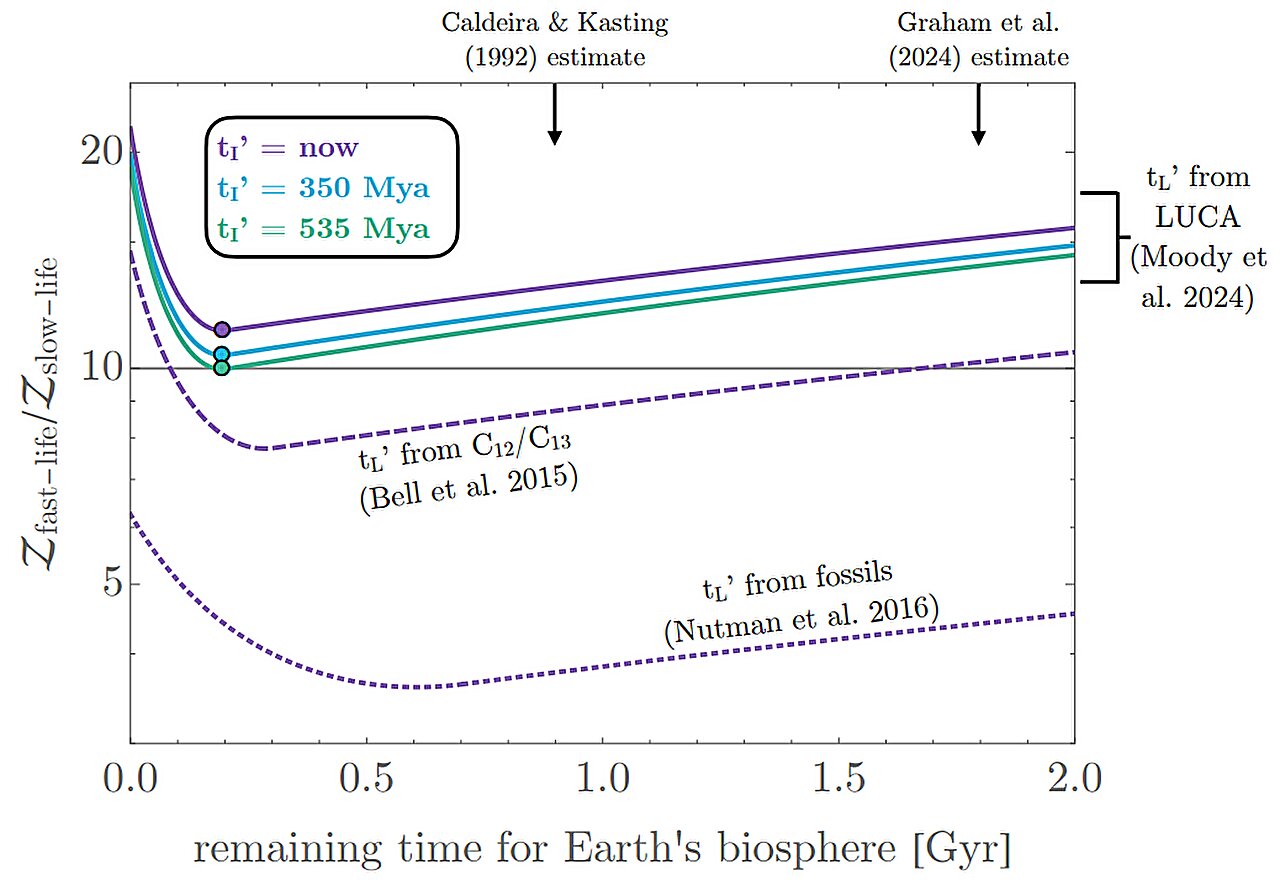
An astronomer at Columbia University is suggesting that because life emerged so soon on Earth after its formation, it may emerge rapidly on Earth-like planets after the right conditions arise in general.
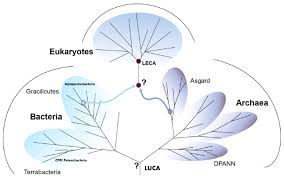
An international collaboration has published groundbreaking research, shedding light on the most significant increase in complexity in the history of life's evolution on Earth: the origin of the eukaryotic cell.

The fact that this bacteria so closely resembles that transition point, from two single cells with different genetics to one inseparable cluster, is fascinating: embryo comparisons have provided many clues about our evolutionary history.

Scientists have uncovered a surprising role for calcium in shaping the building blocks of life.

New research out of Stanford University adds a “striking” new twist to an existing theory about how life may have began on our planet, involving the occurrence of microlightning in tiny water droplets.
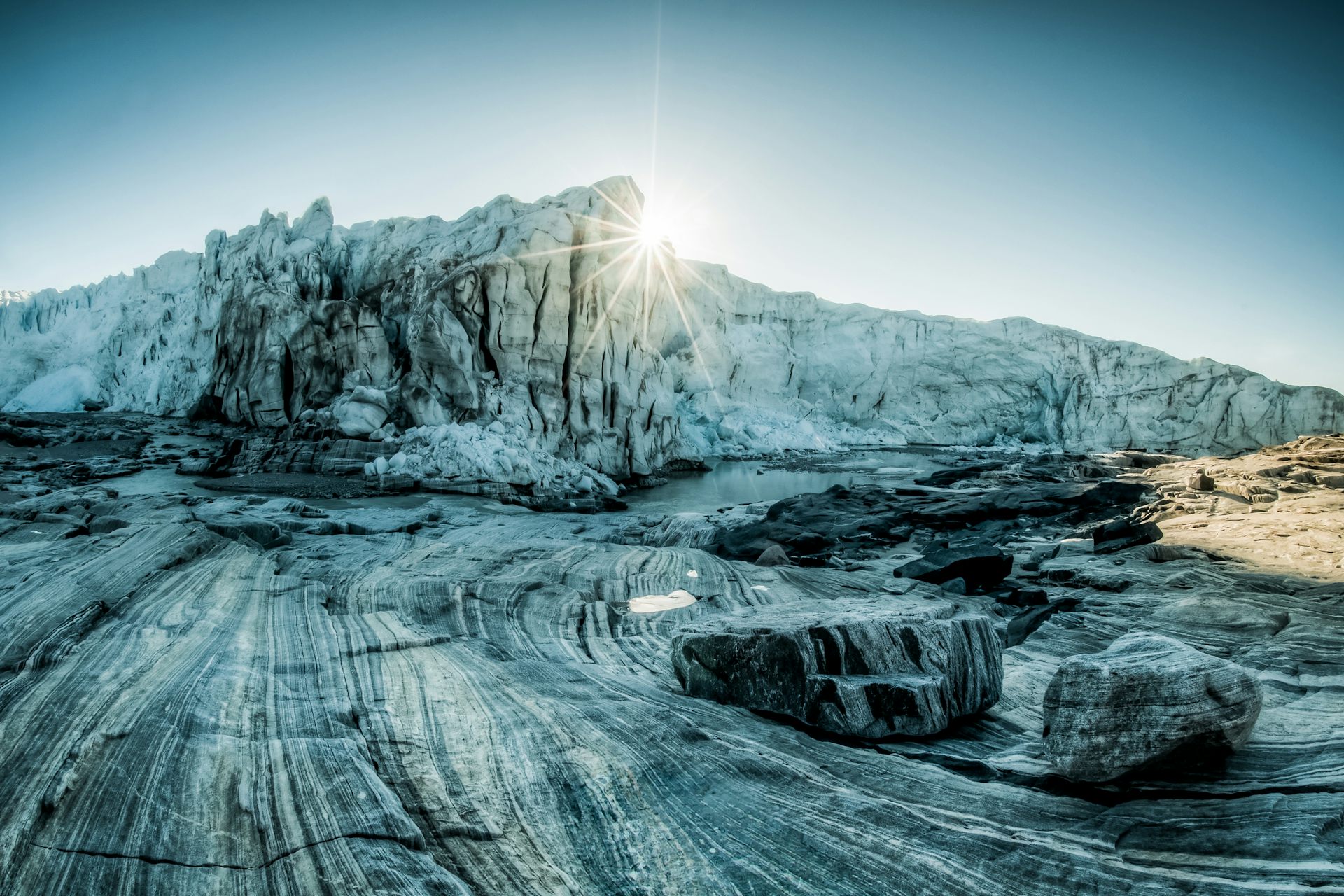
Hundreds of millions of years ago, rocks crushed under kilometres of ice injected vital nutrients into Earth's oceans.

In 1983, the theoretical physicist Brandon Carter concluded that the time it took for humans to evolve on Earth -- relative to the total lifespan of the Sun - suggests that our evolutionary origin was intrinsically unlikely.
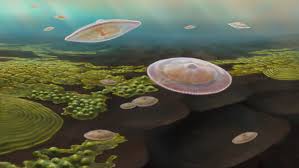
Fossilized skeletons and shells clearly show how evolution and extinction unfolded over the past half a billion years, but a new analysis extends the chart of life to nearly 2 billion years ago.

One of the biggest scientific mysteries is where life on Earth started.
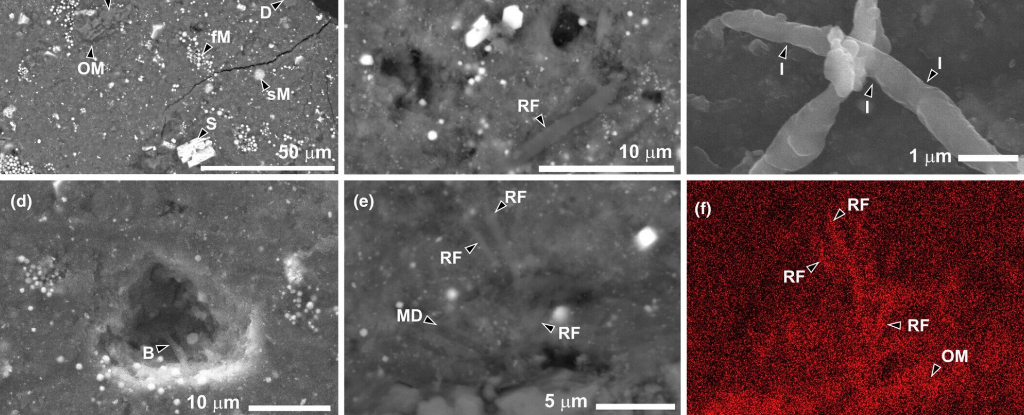
There is a radical idea that Earth was seeded not just with the building blocks of life but life itself.

Life on Earth may have developed the ability to form embryos even before it grew the very first animals.